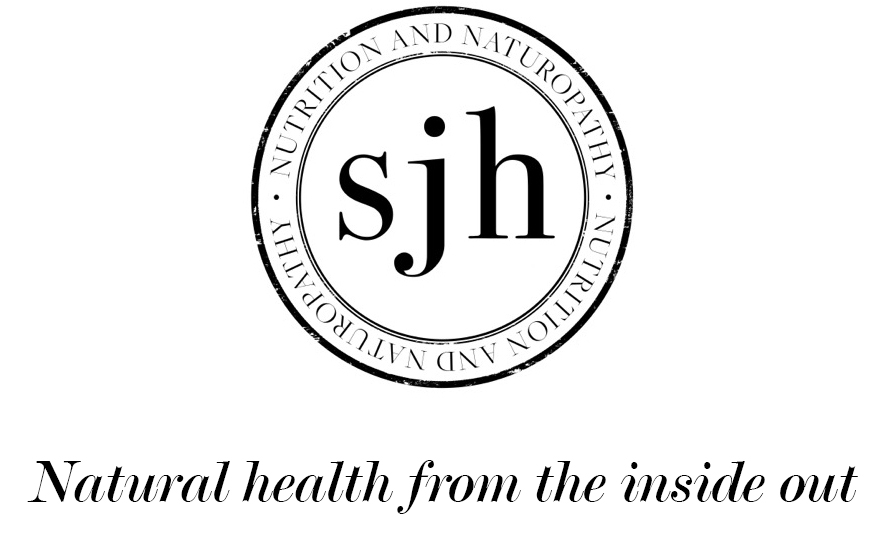As a practising Nutritional Therapist, I see so many Mums in my clinic who are truly struggling and haven’t been able to find the answers to the niggling health concerns they have learnt to live with. When we delve deeper, they realise these symptoms have mostly been exacerbated by having 1, 2, 3 babies even as long as 7-10 years ago. It was more than likely their ‘never well since’ moment. We’re expected to bounce back immediately after having a baby. And when we don’t, no one truly understands what’s wrong.
I was invited to give a talk with the Scandinavian Eco warriors Newbie, who produce the most delicious clothes for little people. We focused on post natal depletion as it’s such a common issue facing so many of us. Here is some more info about what we explored.
We all know that having a baby is without a shadow of a doubt one of the most miraculous, and incredible experiences. We also know that it’s the most physically and mentally draining experiences and if we haven’t done enough to support our health prior to conception, during pregnancy and recovered properly afterwards, we can really be tipped over the edge. A fabulous Australian Dr called Oscar Serallach who shares a similar functional medicine approach to me, has been doing lots of work in this area, and getting it out into the mainstream a little. He coined this phrase ‘postnatal depletion’ which I think perfectly sums up how so many of us are left as we embrace motherhood.
According to Dr. Oscar Serrallach 50% of all mothers in the western world might be suffering from some form of postnatal depletion, with postnatal depression being on the end of the scale.
• low energy levels and persistent tiredness?
• exhaustion even on waking?
• poor memory?
• brain fog, reduced concentration?
• moodiness & being teary?
• losing your confidence and self esteem?
• difficulties losing the pregnancy weight?
• digestive issues including gas, abdominal pain & lethargy after meals?
• dryer skin, softer nails, thinning hair?
These are just some of the symptoms that I find so many women struggle with.
Post natal depletion is the collection of symptoms that stem from physiological issues, hormonal changes, changes in our natural body clocks, coupled with the psychological, mental and emotional aspects so many of us face after having a baby.
Some of the drivers for these very common symptoms relate to physical or emotional stress, social factors and a lack of support, pre conception health and predisposing physical factors that can increase chances of postnatal depletion and environmental factors such as pollution and toxin exposure.
What can we do about it?
The first step lies with identifying nutrient insufficiencies and restoring, nourishing and rebuilding your body with the right micronutrients. This is where your GP can come in handy with some blood work to identify any insufficiencies and deficiencies around the most important micronutrients such as :
Iron
Zinc
B12
Vitamin D
Copper
Magnesium
Trace elements
Some of this testing is not widely available on the NHS, so if you are still not finding any answers, it might be worth seeking the advice of a registered NT and preferably a functional medicine practitioner, who can use functional testing to determine precisely the science behind your symptoms.
Then you can look at essential macronutrients which can also be hugely affected by pregnancy, childbirth and breastfeeding. If you want a personalised plan for your body’s needs, consult an expert, but the general guideline is that a woman recovering from postnatal depletion needs a diet with moderate to high levels of healthy fats, protein and small amounts of complex carbs but they’re very important too. You can look to bone broth as a great source of protein and fermented foods like kefir and kombucha boasting lots of other gut healing essential compounds to help nourish and rebuild - essentially speeding up your recovery.
It’s also important to consider hormones which are the first things to come to mind when you think of the post pregnancy blur. You shouldn’t really try to self medicate or treat on your own - it’s essential to consult a professional and have appropriate testing done first, but If you are really struggling with these post natal depletion symptoms , you could think about your thyroid, adrenal hormones and your sex hormones which can easily become imbalanced due to stress and a history of imbalances with these sex hormones.
Lastly, you can look at dietary adjustments and tweaks to what you eat but also how you eat, to boost your energy. Thee are most effective alongside lifestyle practises such as restorative yoga, breathing exercises, acupuncture, mindfulness, meditation and so on, which, when combined with the other steps, can help with recovery from postnatal depletion.


